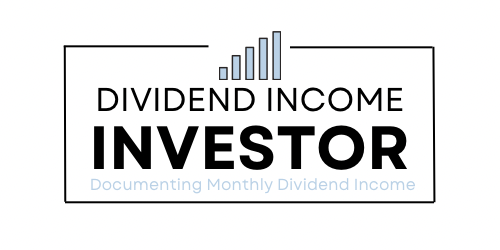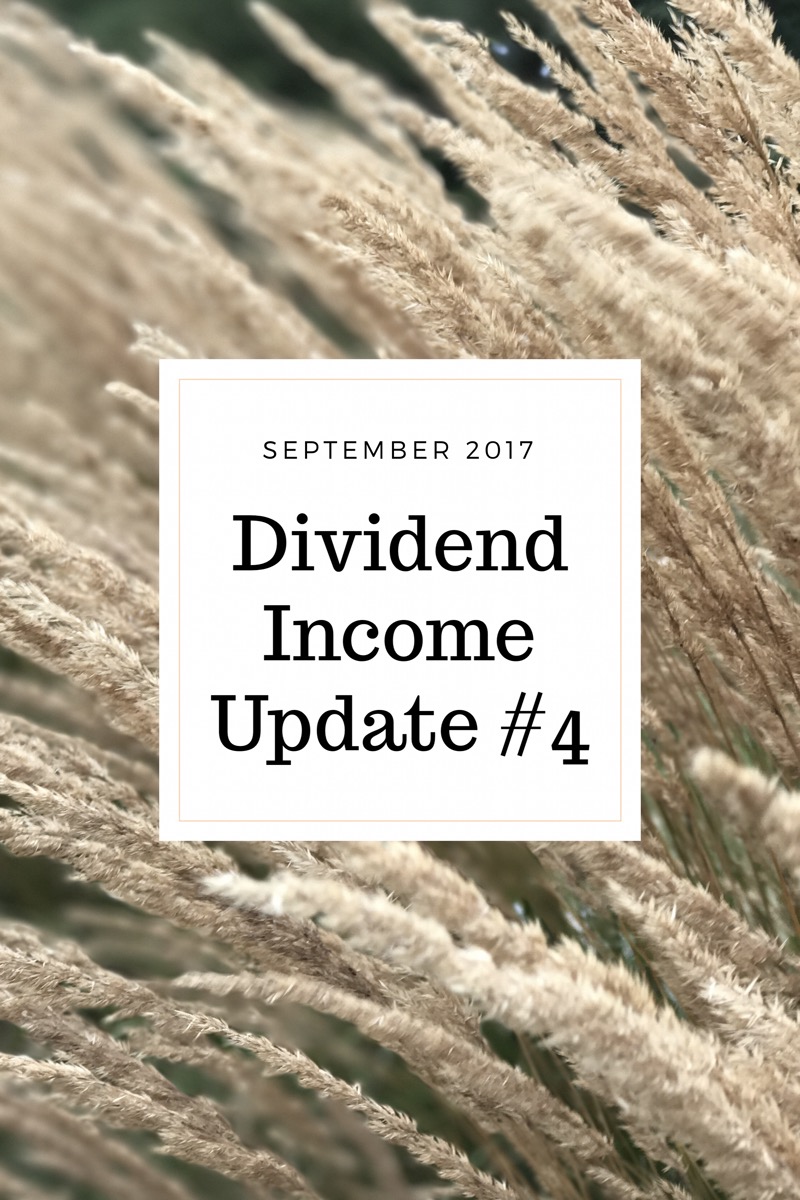Without an underlying purpose, there’s hardly a reason to save money.
I mean, the thought of saving for retirement is an extremely demotivating thought when you’re looking at a 40 year long career.
Investing is a complex topic that most people are not interested in.
There’s also a lack of financial education being taught about the subject in general.
More often than not, saving is used to describe putting money into an easy-to-access account. This low interest paying account eventually becomes an extra spending account. I’ve got one of these accounts too.
But that’s not how successful savings strategies work.
Saving is a habit that’s built up over time.
In order to become successful with saving money, you need to view yourself as a business.
By taking a business-like approach to managing your cashflow, it becomes easier to stay motivated.
This perspective allows you to view saving as acquiring assets for your personal business!
The goal is not to save money. The goal is to ACQUIRE ASSETS!
The most difficult part of investing is knowing what to invest in.
From my perspective, less confusion would increase motivation to save money.
All the complicated retirement account names and pension plans make it difficult for the layman to understand.
In reality, investing is very simple and could be understood by everyone.
In short, the goal of saving money is to purchase income producing assets.
It’s a concept based on Rich Dad Poor Dad by Robert Kiyosaki.
With that said, how does one know what asset to invest in?
Saving money is like adding product lines to your personal brand.
The more you know yourself, the more you understand your brand.
This is where the choice to invest passively or actively is made.
If you’re skilled with your hands, you may lean towards real estate investing.
If you enjoy reading annual company reports, you choose equity investing.
On the other hand, if your vision is to have a hands off approach, you lean towards index investing.
It’s extremely important to understand your personal brand and goals to stay motivated to save money.
Once you understand the brand behind your business, you can specialize in assets that compliment your personal interests, strengths and abilities.
A few Product Lines to consider acquiring
Stocks
As a dividend investor, stocks are my preferred asset.
For a low initial cost, I can build a cash flow machine from the comfort of my MacBook.
On the other hand, selecting individual stocks is not ideal for everyone.
Real Estate and Rental Properties
Rental properties are something that I don’t have any experience with.
However, if you don’t share an interest in stocks, real estate is a tangible asset, which makes it easy to save for.
For a lot of people, it’s easier to stay motivated to save towards a tangible object such as a house.
Index Funds
Frankly, the majority of investors should invest their entire portfolios into index funds—myself included.
I still prefer dividend investing , though. It allows me to predict annual income better, and it allows me to select stocks that offer high dividend growth rates.
But I will use index investing to diversify, and it’s obviously the best way to passively invest.
A Business
Owning a personal business can be a very fulfilling and rewarding asset.
Since it’s a personal business, there’s potential for a substantial financial reward.
Believing in your own product and the potential for a high financial reward makes it motivating to invest in your own business.
[bctt tweet=”View Yourself as a Business to Save Money Effectively ” username=”reversethecrush”]How much money should you save?
In my personal opinion, at least 10% of your net income should get saved. At least!
Otherwise, you’re almost working for nothing and not actually further ahead after doing the work.
If you’re interested in reaching early FI, you must be saving at least 20% of your net income.
But taking a business-like approach to saving allows you to base it around the progress of your brand.
In short, you can set your savings rate at a very comfortable level of 5 to 10% in the early stages.
Once you reach your goal, you can increase the rate in small increments.
This process can be repeated until you reach your desired target.
Conclusion
To close, there are many important benefits to be gained by taking a business minded approach to saving money:
- Acquire income producing assets approach
- Consistency
- Accountability to increase income for shareholders (yourself)
Although this approach to saving is most suitable for income investors, the key is to specialize on assets within your core competencies.
The assets you acquire should fit your personal brand, and they should be based on your personal interests and strengths.
In addition, focus on building a specific purpose for your savings.
Once you have a business like approach with a specific purpose, you become driven to save money.
In turn, you will gain a better understanding of how to value money.
The more important the success of your business becomes, the more you’re forced to weigh the impact of your spending.
Questions for the readers: Do you take a business minded approach towards saving? What savings strategies work for you?



 Dividend Income Update #4 | September 2017
Dividend Income Update #4 | September 2017
